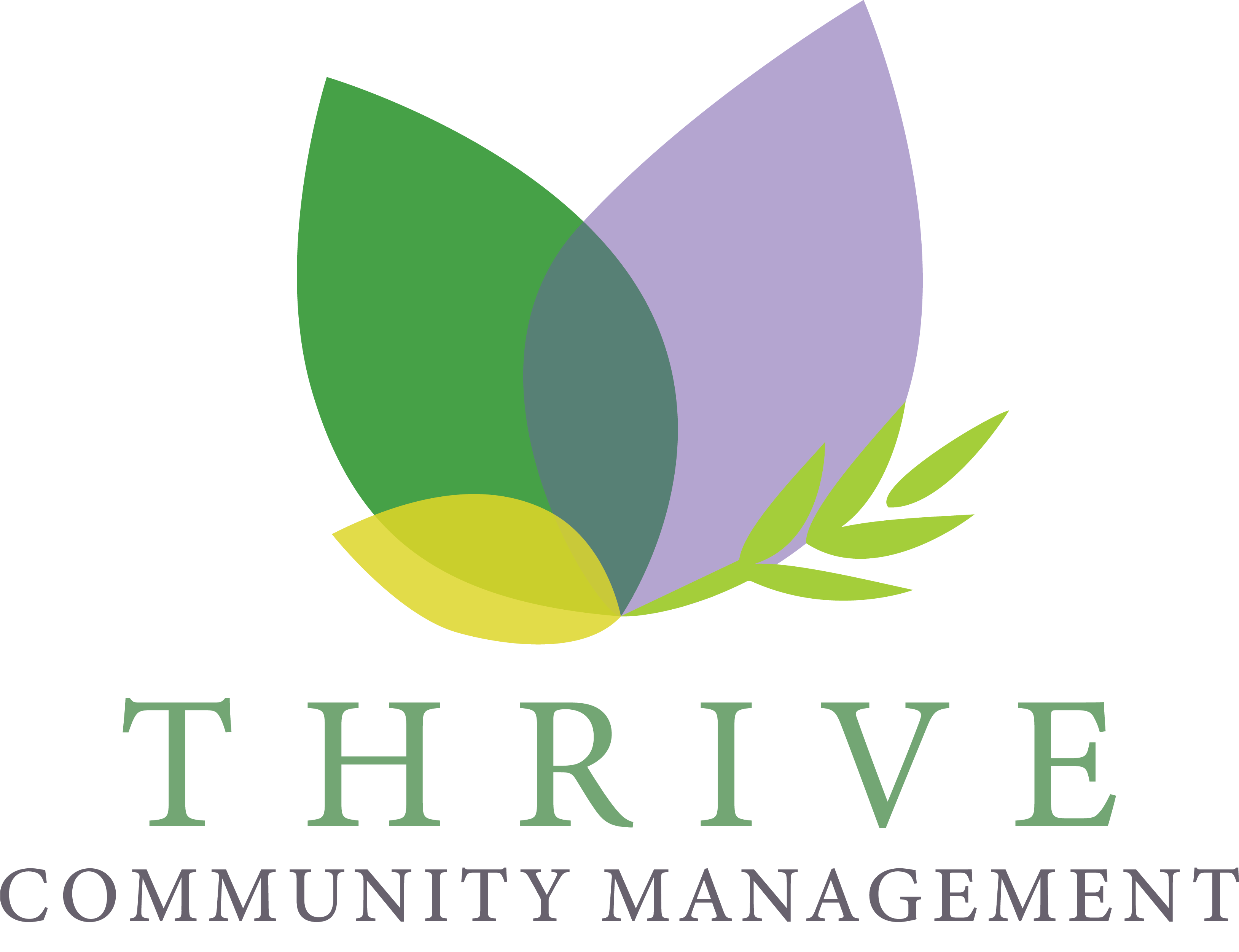We’re most of the way through tax season now, and if you haven’t already gotten your tax return money back, you’re probably going to be getting it soon. If you’ve been trying to think of a way to spend the money you’re getting back, why not consider putting it toward some much-needed improvements or maintenance on your home?
Perhaps there’s some renovation work you’ve been waiting to do but just haven’t had the money to get done. Or maybe you have some repairs you’ve really been meaning to make, but have been putting off because other, higher-priority issues had your attention. Whatever the case may be, using your tax return to improve your home can be a responsible, effective way of spending the money.
Of course, before you make any renovation or remodeling decisions, it’s important you check with the covenants, conditions and restrictions (CC&R) issued by your homeowners’ association. Here are a few quick tips:
- Always read your regulations: HOA CC&R documents in Phoenix, AZ are different for every single HOA, so you should never assume what is or isn’t in yours. These documents are regularly updated, so it’s important to check that you’re looking at the most up-to-date edition so you can be confident any improvements you make are in line with the regulations for your HOA.
- Get pre-approved if you have a project in mind: Rather than waiting until you’re ready to move forward with the project to get HOA approval, you should get pre-approved for the project from the HOA at the outset. You’ll probably be required to submit a proposal form and other documentation, and it’s best to take care of all these issues before you get too heavily into design work so you can account for any feedback you get from the HOA about changes you might need to make to your project for it to be compliant with regulations.
- Get all the proper permits: There are some types of projects that might require permits from your city or local municipality. Your CC&R should tell you whether you’ll need to get these permits yourself, but in some cases your contractor might take care of pulling permits for you. Figure this out early on.
- Work with a qualified professional: If you get approval from the HOA board for your project, the next step is to make sure you’re working with someone who’s actually qualified for the job. Your HOA might be able to provide you with a list of suggested contractors who have done work at HOA properties before, but if you look on your own you should make sure to find contractors who are licensed and insured. This ensures your protection and also speaks to the quality of work you’re likely to get.
- Minimize disturbances: It’s especially important in an HOA setting to be a good neighbor and minimize disturbances as much as possible. Only allow work at HOA-approved times.
For more information about using your tax return for a home project in an HOA setting, contact the HOA project management team in Phoenix, AZ at Thrive Community Management today.

